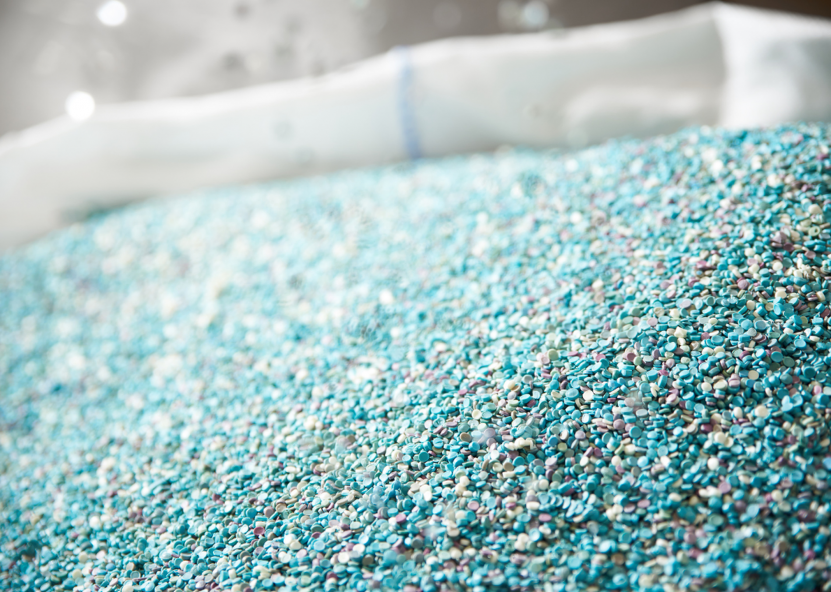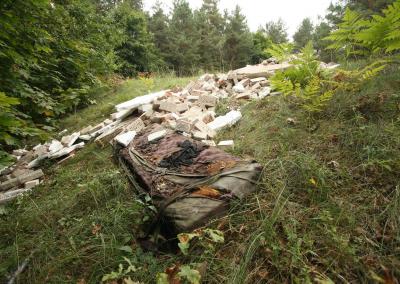European Commission seeks solutions to reduce microplastic pollution
The European Commission has presented a proposal for a new Regulation of the European Parliament and of the Council aimed at preventing the release of plastic pellets into the environment. The aim is to reduce pollution from microplastics, which threaten ecosystems, biodiversity and human health. The proposal would oblige companies handling pellets in the EU to take all possible precautions to prevent them from entering the environment.
Plastic pellets are the third largest source of unintentional pollution by microplastics after paint and tyres, and are particularly problematic. Every year, the world produces increasing quantities of plastic pellets, which are used as a raw material for the production of other products. In 2021, the EU will produce around 57 million tonnes. It is estimated that between 52,000 and 184,000 tonnes of plastic pellets are unintentionally released into the environment each year, which would require 2,000 to 7,000 lorries to load.
The new regulation follows the Zero Action Plan for Air, Water and Soil (NAPA) target of a 30% reduction of microplastics in the environment by 2030.
The Regulation is expected to apply to EU companies that have processed or produced more than 5 tonnes of plastic pellets in the previous calendar year, to EU and non-EU hauliers transporting plastic pellets within the EU.
Requirements are set out to prevent the disintegration of plastic pellets from the primary container: avoiding unnecessary handling, such as reducing the number of transhipment points, the use of non-refillable packaging, and the collection of disintegrating pellets. Businesses will also have to calculate and record the estimated amount of plastic pellets released into the environment per year and declare how much has been managed.
Member States will have to designate competent authorities to carry out environmental inspections of enterprises, provide information to the European Commission, establish and maintain a public register of information provided by producers and EU hauliers on each plastic pellet production plant in operation, on the transport of pellets, and on any necessary changes in installations and activities related to the management of plastic pellets.
Companies producing more than 1,000 tonnes of plastic pellets per year will be required to obtain certification (išy having implemented EMAS environmental management and audit schemes), and certification will be carried out by accredited certification bodies. They will also have to prepare a risk assessment plan for each installation. Small and micro-enterprises will not be certified, but will have to submit a self-declaration of compliance to the competent authorities every five years.
Member States will have to impose fines proportionate to the turnover of the legal entity or the income of the natural person responsible for the infringement. Member States will have to ensure that the envisaged compensation measures are implemented, to enable victims to obtain compensation, and to establish procedures for redress.
The new regulation is expected to reduce the amount of plastic pellets released into the environment by between 54% and 74% and reduce the total amount of microplastics released into the environment by 6%.














































































































